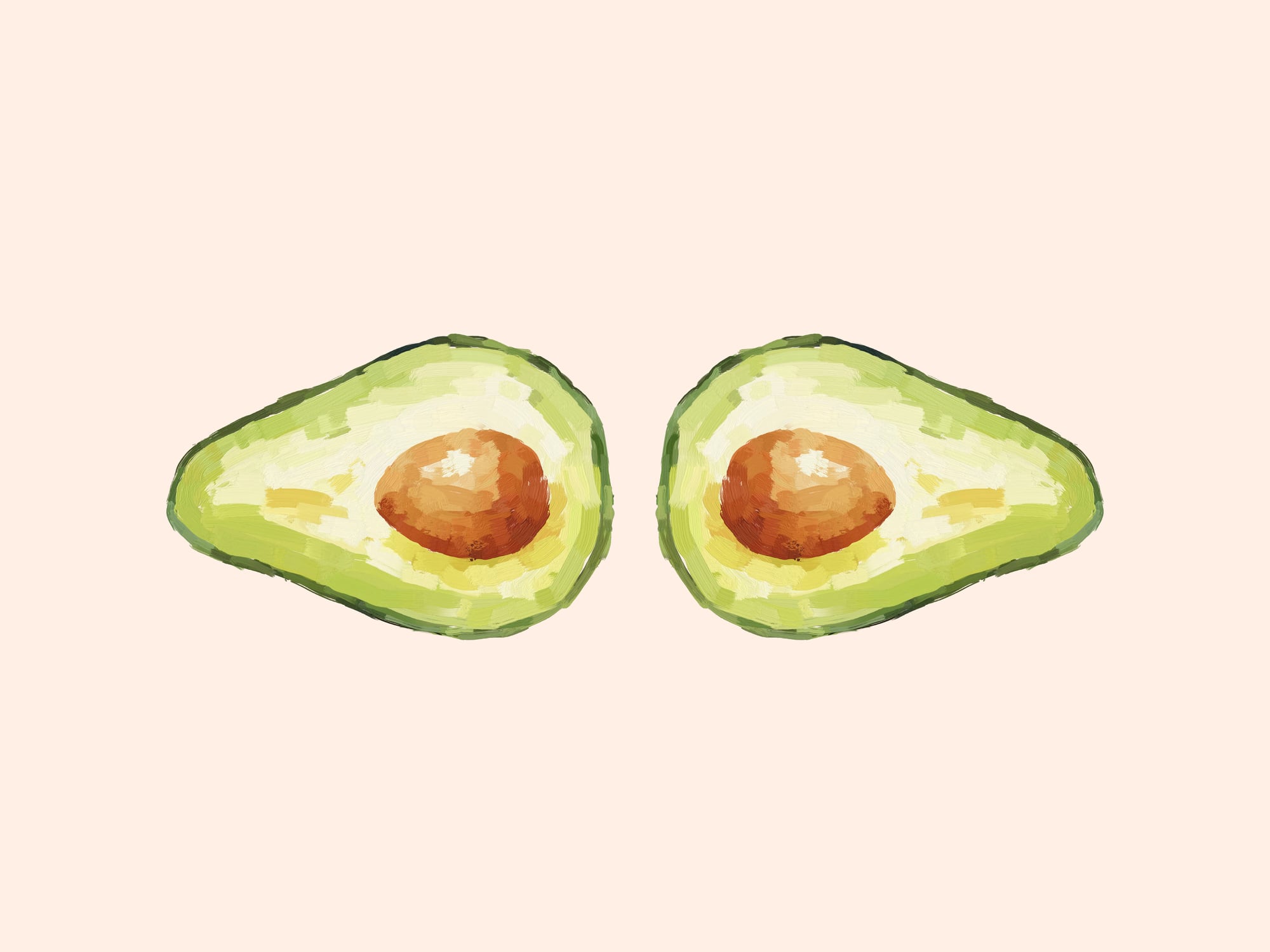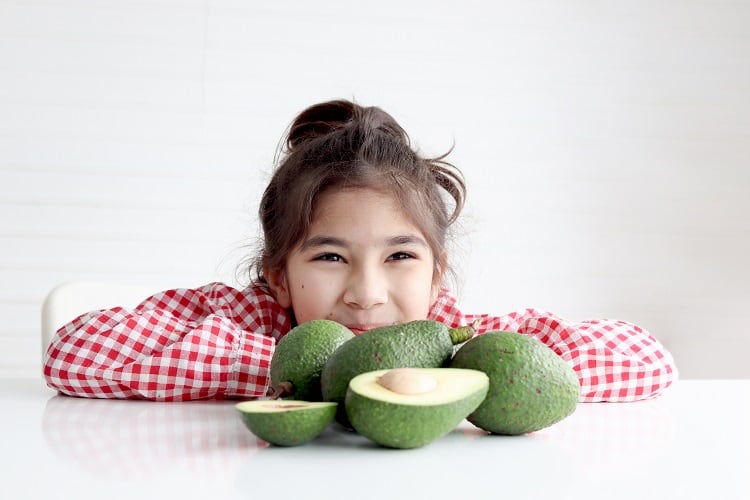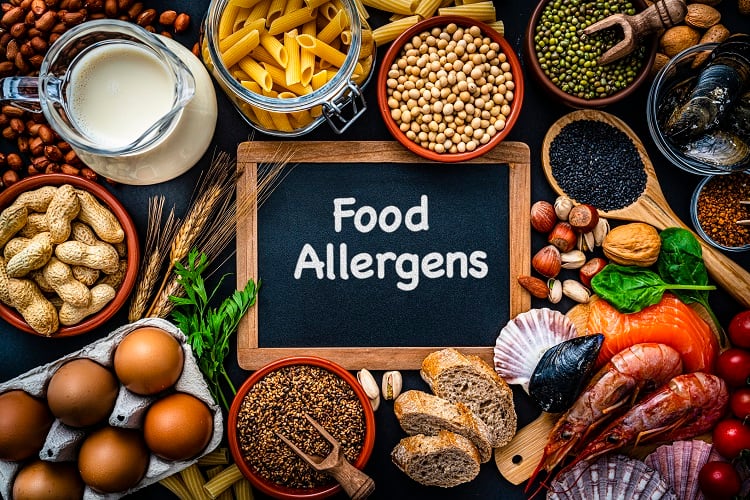Classic children’s book The Avocado Baby tells of a baby who, following a steady diet of avocados, gains super strength and defends their parents’ house from burglars with their newfound superpowers.
While this story may be fantastical, there are many benefits children can gain from avocado consumption.
A new study suggests that when mothers eat avocados during pregnancy, this can can lead to a reduction in the likelihood of developing food allergies by as much as 43.6%.
How much have food allergies in children grown?
Food allergies are growing in prevalence, with increasing need for allergen-free alternatives putting a financial strain on some families.
According to medical anthropologist and author Theresa Macphail, there are several potential causes for this, but the most popular theory in scientific circles is changes to the microbiome due to diet. Another factor could be antibiotic use.
A recent study from Imperial College London found that in the UK, food allergies doubled between 2008 and 2018.
In the past, the development of food allergies has also been linked to maternal consumption of certain foods during pregnancy. For example, a maternal diet heavy in baked or sugary goods can increase the likelihood of child food allergy development.
The role of avocados in reducing food allergy prevalence
A new study in Finland may provide a (partial) answer to the allergy epidemic. The study, which is the first to link avocados to such benefits, suggested that the chance of children developing food allergies at 12 months could be reduced by 43.6% if their mothers eat avocados during pregnancy.
The study, which received “support” from the Avocado Nutrition Center, collected data on avocado consumption from between 2013 and 2022.
Participants were asked to detail the frequency with which they ate avocados, and were split into two cohorts - avocado consumers and non-avocado consumers.

Following this, the development of allergies - not only food allergies but eczema, rhinitis, and paroxysmal wheezing - in infants after 12 months was assessed.
Results were adjusted for factors including maternal age at delivery, education, BMI in the first trimester, marital status, nulliparity, breastfeeding, gestational age at delivery, caesarean section, neonatal intensive care unit admission, smoking and alcohol consumption, postpartum depression, and diet quality.
The results suggested that the children of avocado consumers had a significantly lower development of food allergies - 2.4% - than those who didn’t consume avocados - 4.2%.
Such associations were not found for the other allergic outcomes assessed.
How can avocados reduce the likelihood of developing allergies?
The researchers speculated why avocados had this affect. Certain nutrients within avocados, such as monounsaturated fats and dietary fibre, have in the past been associated with lower allergic outcomes among children.
The researchers hypothesised that a child’s exposure to antioxidants from avocados within the womb could change the responses of their T-cells (a type of white blood cell) to be better able to fight disease. Some previous research does show a connection between antioxidants and lower allergic outcomes.
Furthermore, studies have shown that short-chain fatty acids originating from fibre consumption during pregnancy and produced in the maternal gut microbiome can improve and even prevent an offspring’s allergic responses. Avocados contain significant amounts of fibre.
Sourced From: Pediatric Research
‘Avocado consumption during pregnancy linked to lower child food allergy risk: prospective KuBiCo study’
Published on: 7 March 2025
Doi: https://doi.org/10.1038/s41390-025-03968-4
Authors: F. W. Cheng, E. Bauer, N. A. Ford, K. Backman, R. Voutilainen, M. Pasanen, L. Keski-Nisula & S. Hantunen





